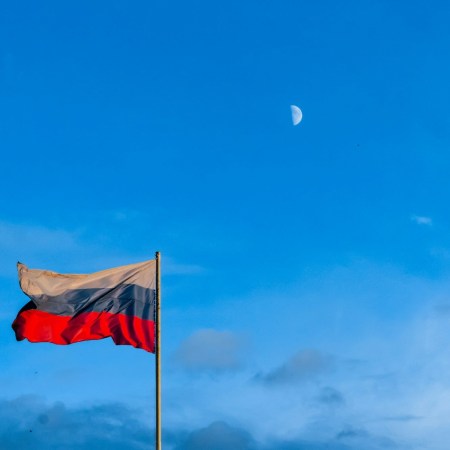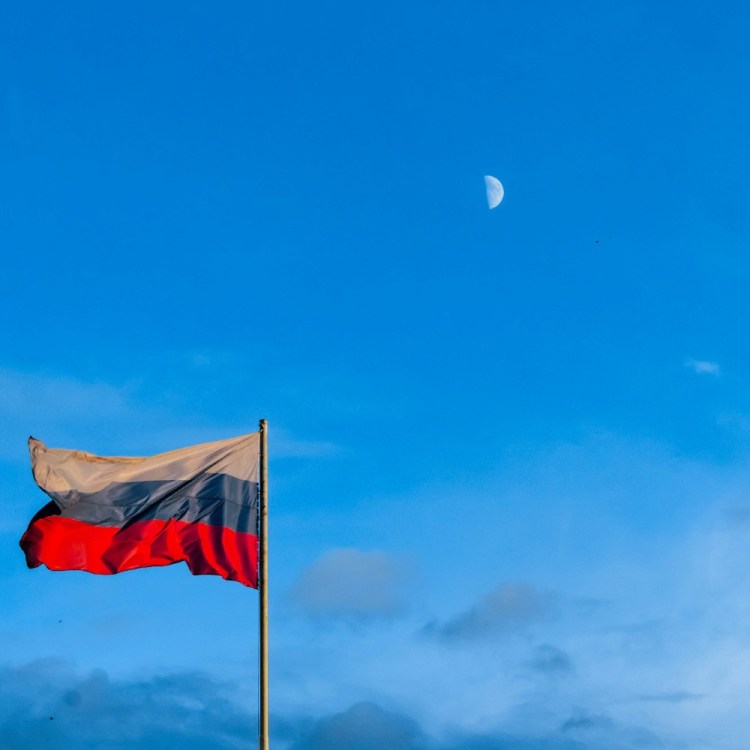There’s a reason Japan is the only non-Western country to host a World Marathon Major. Tokyo joined the ranks of Berlin, Boston, Chicago, London and New York in 2007 not just to celebrate Japan’s love of running, but as part of an ongoing effort to open the country up to the world.
Hosting international sporting events has been a leading strategy by Japanese officials to increase — and diversify — the nation’s pool of yearly visitors. Japan went on record last decade with its goal to reel in 40 million tourists per year, and has aspirations of reaching 60 million per year by 2030. But it needs more travelers from the Western world in order to make it happen. In 2019, 70% of Japan’s 31.8 million visitors were from East Asia.
Concerned that a gold-mine market like the United Kingdom might find Japan too intimidating (due to distance, language or cost), Japan has long endeavored to increase its tourism rate through sport. Last year, it became the first Asian host nation for the Rugby World Cup. The 2020 Olympic and Paralympic Games were slated for this year, of course (they were supposed to begin this week), and next year, Kyoto City was scheduled to host the World Masters Games.
While the Rugby World Cup was a record-breaking success, Japan won’t have an opportunity to welcome an expected windfall of millions of visitors from unique locations around the globe for the Olympics this year. And unless a vaccine is developed and reliably administered before July 2021, it may never get to. Japan’s medical association chief is on record saying the Games shouldn’t go off without a vaccine, and that if they don’t occur next year, they’ll be permanently scrapped.
Despite that sobering vision, Japan might still be within firing distance of 60 million visitors by 2030. The infrastructure that the nation put into place in anticipation of these events is still there, and not just in a figurative sense. English signage is now increasingly common on public transport, small hotels carry vocabulary boards, and the country has fully embraced Airbnb. The country has also seen success in efforts to redefine itself as a year-round destination, with must-visit spots not named Tokyo or Kyoto.
Not to mention, at this point the Games not happening might be the best-case scenario for the Japanese tourism industry. Travel in 2021 — and the decade at large — is an uncertain enterprise, period, and it seems reasonable to project that international visitors will be more impressed with (and interested in) a nation that puts the health of people over its sporting investments. Japan has already battled the coronavirus with great success (less than 1,000 people have died, in a nation of 126.5 million); officially letting the Games go would continue to prove to the world that it has its priorities in order.
Subscribe here for our free daily newsletter.
Thanks for reading InsideHook. Sign up for our daily newsletter and be in the know.



















